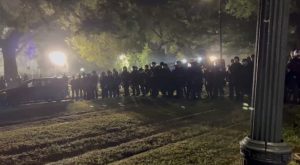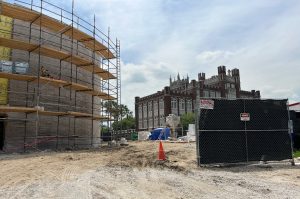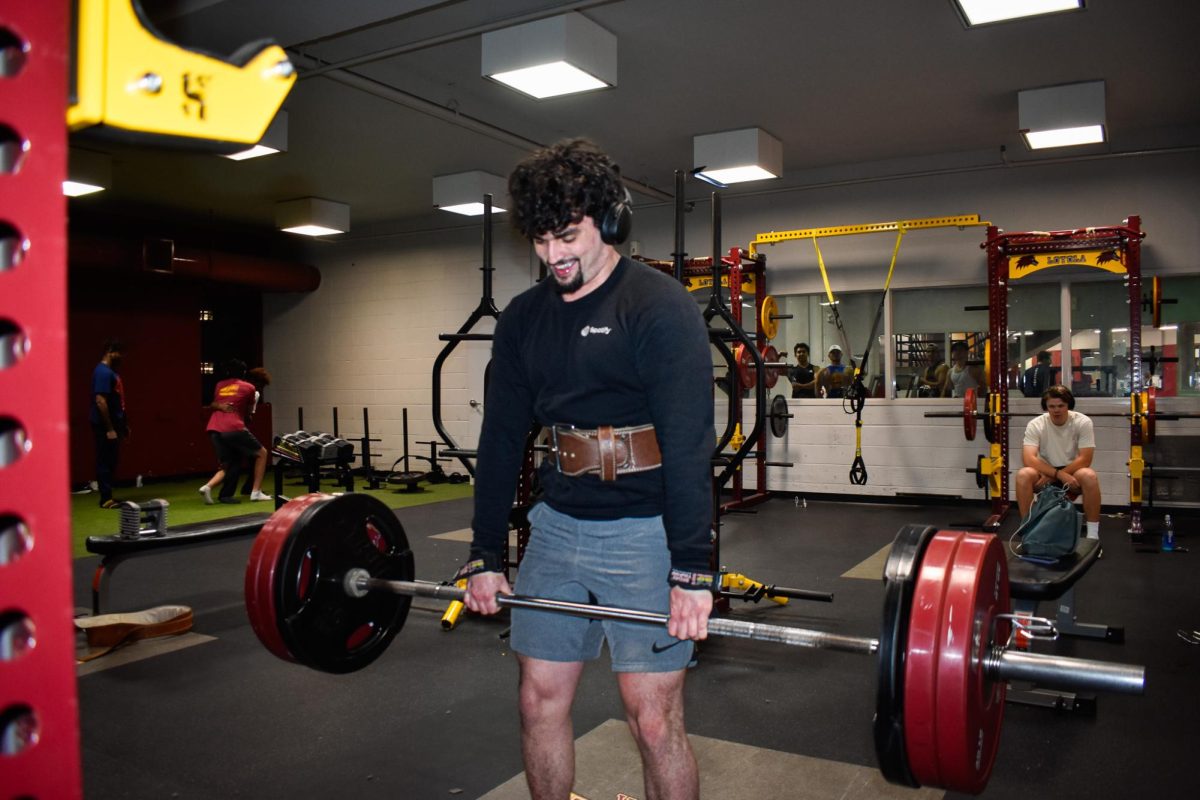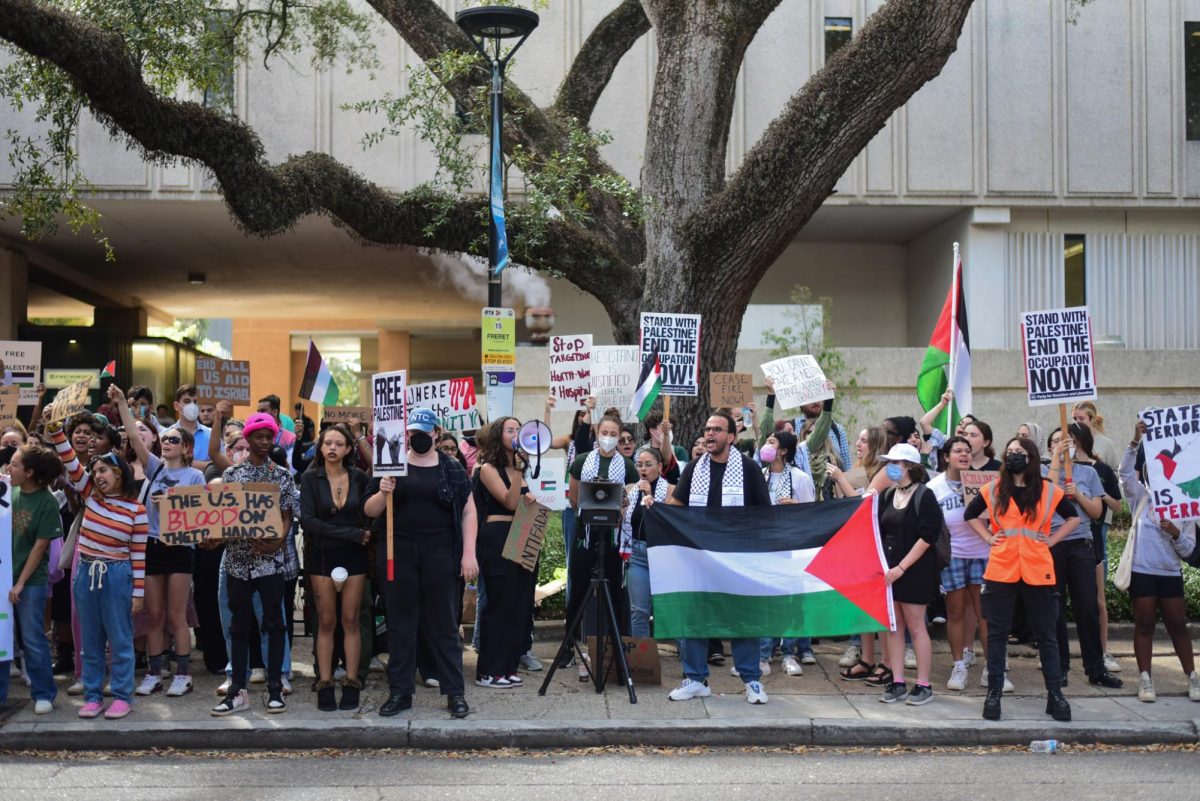University of South Alabama manager Eddie Stanky was nowhere to be found.
The nationally ranked baseball team was still lingering on the field, gathering mitts and bats solemnly after a crushing doubleheader loss to Loyola, but their manager, “The Brat” Stanky, had already left the riverfront Loyola Field House stadium.
That’s because Loyola’s 2008 Hall of Fame inductee Gary Bono, a second baseman, had knocked one out of the park in the bottom of the ninth to tie the game just moments before. His teammate, Billy Mares, sealed it with a home run of his own on the next at-bat.
Bono, who played for Loyola from 1968-1971, regularly sent managers into fits. This time, his homer sent an infuriated Stanky right out of the stadium and into the nearby Audubon Zoo to cool off, Bono said.
“They didn’t see us coming. But we went into every game expecting to win. We knew we were a good team,” Bono said.
As a member of the 1971 Hall of Fame baseball team, which was inducted in 2001, Bono and his team played top-ranked teams regularly – and won.
They took down national powerhouses like South Alabama, Louisiana State University, Tulane, Auburn, Mississippi State and the national champions, Arizona State.
“We felt like we could beat any team in a short series. We were as good as anybody,” Bono said. “But in longer, three and four game series, the other team’s depth gave them an advantage.”
Loyola only had 23 players to go on road games, while NCAA teams like Arizona State cherry picked their rosters from a pool of more than 80 players. And without an affiliated conference, they had to schedule games all over the country to create a competitive schedule.
But that didn’t stop the 1971 team from notching 34 wins, a Loyola baseball record. Bono played a part in each of those wins, and he started every game in his four-year career.
“Every time I went to the plate I expected something good to happen. And in most cases, it did,” Bono said.
As a freshman, Bono hit .409 – one of the top averages in college baseball. While he’d never reach that high of a mark again, he did finish his career with a .330 average.
“I was going to do anything I could to beat their brains out,” he said.
Just six days after graduating from Loyola, Bono found a job at Shell Oil as an accountant, though he considered offers to play ball for the upstart Atlanta Braves, which was only five years old at the time.
Ultimately, though, he turned the offer down because the Braves weren’t willing to commit long term. It’s a decision that’s loomed over him ever since.
“Absolutely I regret it,” Bono said. “Not a day goes by that I don’t think about it.”
Despite never becoming a major leaguer, he still played the game regularly. From age 15 to 35, he played semi-pro ball in several leagues, like the Audubon league when he was younger and the Mell Ott league later on.
For the first five years after college, he was a manager for summer-college leagues. He quit when it was time to start a family with his wife, Lucretia, whom he has been married to for 32 years.
He picked his baseball hat up again when his two sons Dane and Garrett came of age. From the early ’90s until Hurricane Katrina, he was a manager for the summer All-American Baseball League, which played its games near the Delgado campus.
Now retired, Bono is focusing on his position on the Board of Directors at the Akili Academy, a kindergarten-to-eighth grade charter school that plans to open this August, provided it can find a location in Mid-City.
“I’m just trying to do what I can to give something back,” Bono said.
Today, he hopes to get back into managing by restarting the All-American Baseball League. For that to happen, repairs to the field need to be made and a lot of work needs to be done.
But when the end result is fresh green grass and bouncing grounders, for Bono, it will hardly seem like work.
“I love to just go out to the ballpark, be it Tulane’s stadium or Zephyr field,” Bono said. “There’s something about the game. I just love it.”
Chad Bower can be reached at [email protected].












